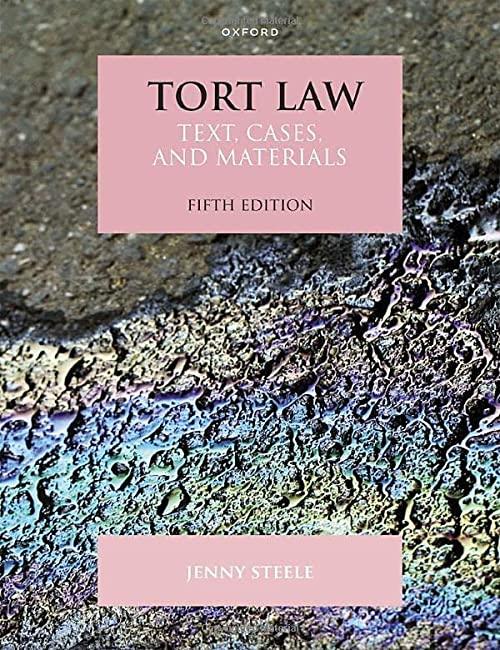Question
Hello again! Thank you so much for all the help last, it helped a lot.I still have some trouble understanding Baxi's view and perception of
Hello again!
Thank you so much for all the help last, it helped a lot.I still have some trouble understanding Baxi's view and perception of Human Right in the bookThe future of human rights (2008)
Why does Baxi believe that Human Rights is a product of a Western perspective?Why does Baxi distinguish between modern human rights and contemporary human rights?What makes Baxi divide human rights into modern and contemporary?What are the underlying factors why human rights began to be described as modern instead of contemporary?What was it that affected, an event?War?Social conditions?Policy?
Baxi warns with the dangers of denying the pluralism and ambiguity that he believes exists in the concept of human rights. What dangers does he mean? Or look?->I dont understand isit the totalitarism? If it is, what do he mean?I don't understand what he means is the danger is in totalitarism because he also point out in the opening of his book we have never before in history lived in a era where human rights language is the most powerful instrument.
How do Baxi understands human rights in"ethical imperatives", "grammar of governance", "juridical production", "culture", "insurrectionary praxis", "discursive practices" And what is the challenges he sees?
At the beginning of the book, he says that human rights language does not cover everyone's suffering, or includes everyone's suffering. If I have understood it correctly, he says that this exclusionary view was established through the modern human rights discourse, is he referring here to imperialism and the impact of colonialism? Or modern and contemporary? And how is it related? I do not understand what he means, or refers to.
How does Baxi think that human rights are in the highest degree politically a kind of justice project? In this question, I wonder how he means that human rights are a justice project, why does he see it as a justice project?
One last question, do you have any general tips that can help understand Baxi's opinion?
The book is: Baxi, Upendra. (2008).The future of human rights. 3rd ed. New Delhi: Oxford University Press.
Step by Step Solution
There are 3 Steps involved in it
Step: 1

Get Instant Access to Expert-Tailored Solutions
See step-by-step solutions with expert insights and AI powered tools for academic success
Step: 2

Step: 3

Ace Your Homework with AI
Get the answers you need in no time with our AI-driven, step-by-step assistance
Get Started


